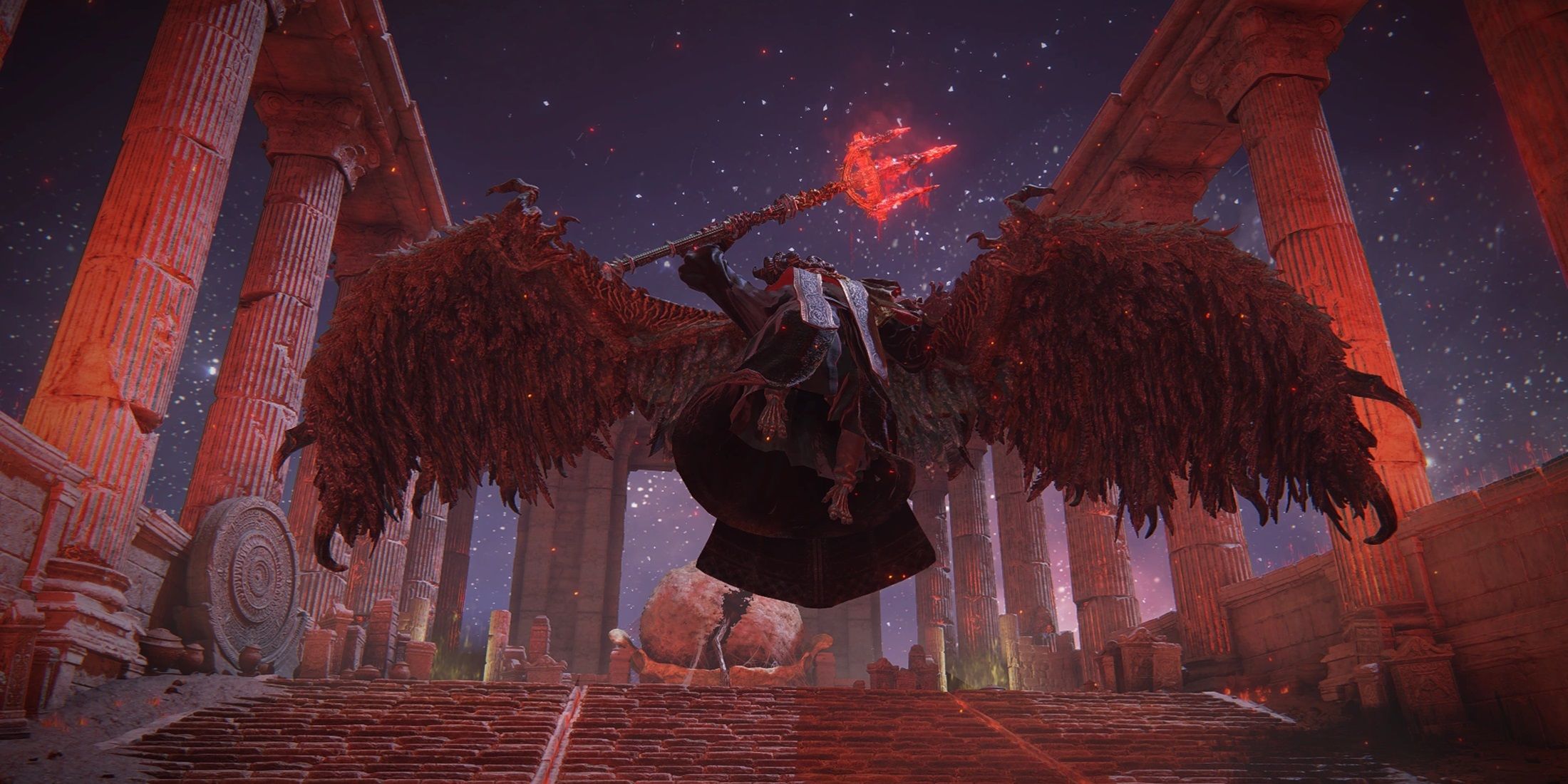
One of the most brilliant narrative twists in Assassin's Creed history occurs early in Assassin's Creed 3 when players realize they've been unknowingly controlling Templar leader Haytham Kenway. Through subtle storytelling mastery, Ubisoft slowly reveals Haytham's true allegiance by having him utter the Templar creed: "May the Father of Understanding guide us." This revelation completely subverts player expectations established through hours of seemingly heroic gameplay.
The Pinnacle of Assassin's Creed Storytelling
This masterful deception represents the franchise's storytelling potential fully realized. While the original Assassin's Creed introduced compelling assassination mechanics, its characters lacked depth. Assassin's Creed 2 improved protagonist characterization with Ezio Auditore but still delivered one-dimensional villains. Only Assassin's Creed 3 devoted equal development to both hunter and hunted, creating morally complex Templar antagonists who challenged player assumptions.
The Modern Series' Identity Crisis
While the RPG-era games boast impressive scale, many fans argue the franchise has lost its narrative edge. Critics cite multiple factors:
- Increasingly fantastical mythological elements
- Controversial historical figure inclusions
- Romance options that dilute character identity
However, I believe the core issue lies deeper - the gradual erosion of tight, character-driven narratives in favor of bloated open-world design.
Quantity Over Quality
The series' shift toward RPG mechanics has fundamentally altered its storytelling approach:
- Dialogue trees create inconsistent protagonist characterization
- Expansive maps prioritize filler content over meaningful interactions
- Branching narratives prevent the dramatic focus of earlier titles
Where AC3's Haytham delivered unforgettable final words ("I should have killed you long ago"), modern protagonists often feel like hollow avatars rather than fully-realized characters.
The Lost Art of Moral Complexity
Earlier entries excelled at blurring the Assassin-Templar conflict's moral lines:
- Haytham compellingly argues Washington's America would maintain oppression
- Each Templar death reveals unsettling truths about colonialism
- The revelation about Connor's village burning subverts historical narratives
This nuanced storytelling created genuine ambiguity missing from current "Assassins good/Templars bad" simplicity.
A Franchise Divided
"Ezio's Family" endures as the series theme because it represents emotional storytelling prioritization. While modern technological achievements impress, many long for:
- Tighter narrative focus
- Character-first development
- Morally complex antagonists
Whether Ubisoft can reconcile audience expectations with modern gaming trends remains uncertain. But AC3 proves character-driven storytelling creates the series' most memorable moments.

 Latest Downloads
Latest Downloads
 Downlaod
Downlaod




 Top News
Top News









